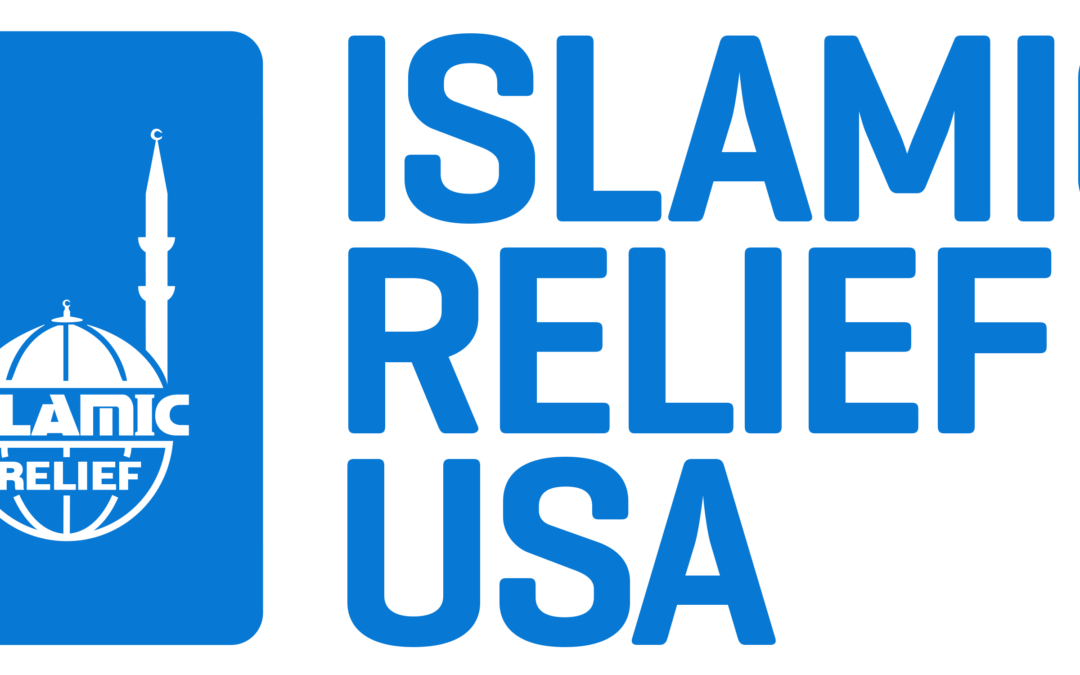Islamic Relief USA (IRSUA) is a humanitarian organization that works to empower individuals worldwide regardless of race, religion, or gender. The nonprofit, founded in 1993 and now among the world’s largest Islamic NGOs, achieves this by providing critical support in areas such as education, financial literacy, food aid, and emergency response. Among other interventions, IRUSA has enrolled more than 7,000 children in school and community education centers, rehabilitated schools in Kenya, and provided hundreds of thousands of people with hot meals through its Qurbani/Udhiyah food-sharing program.
In addition to coordinating these programs, IRUSA, with the help of its partners and supporters, performs advocacy work in several key areas, both domestically and internationally. The organization lobbies federal, state, and local legislators and mobilizes citizens to fight for key legislation supporting vulnerable people. Below is a look at four of its current advocacy priorities.
Gender Justice
IRUSA is a major proponent of gender equality. In the US, the nonprofit encourages its supporters to fight injustice through a variety of actions, including calling out gender-based harassment and sexism, voting more women into positions of power, and advocating for unified parental leave policies.
Outside of the US, IRUSA strives to protect young women by advocating for increased access to education and healthcare while calling for the eradication of Early and Forced Marriage (EFM). While some countries have varying legal minimum ages for marriage, IRUSA, based on its own research and experience working in marginalized communities, believes 18 to be the appropriate age for women to consent to marriage. This isn’t the case in countries like India, Chad, Bangladesh, and Niger, all of which have high rates of EFM. In Niger, as of the 2012 Demographic and Health Survey, more than half of girls between the ages of 10-14 didn’t attend school because they were married and expected to stay home.
IRUSA is addressing EFM through a comprehensive approach that involves addressing the educational, economic, religious, and socio-cultural factors that have made it so prevalent in many countries. It intends to work with partner organizations to deliver culturally sensitive and sustainable strategies to not only protect young women but also the institution of marriage, ensuring it’s a union between two mature adults equipped to responsibly care and provide for their children.
Poverty and the Food Crisis
According to Feeding America, 13 million children in the US experience food insecurity. Moreover, roughly 800 million people worldwide experience hunger every day. This is not only an immediate issue, but can also cause irreversible harm to a child’s physical and cognitive development, limiting their potential and contributing to the cycle of poverty. Recognizing this, IRUSA works toward achieving the United Nations Sustainable Development Goals priority of eradicating world hunger by 2030.
In the US, the nonprofit regularly hosts food drives in November and advocates for public policies and programs to address the root causes of hunger. It also operates a hot meals program to address food insecurity among vulnerable groups and supports the USDA’s Summer Food Service Program. It provided more than 50,000 Americans in seven states with healthy meals through this program in 2023.
Moreover, IRUSA fed more than 700,000 people in 29 countries across multiple continents in 2023 through its Qurbani/Udhiyah and Ramadan food programs. The organization supports campaigns such as Vote to End Hunger and works with Bread for the World and InterAction, among other partners, to advocate for action to address poverty and the global food crisis.
Helping Refugees
There are more than 65 million refugees worldwide, according to the United Nations High Commissioner for Refugees (UNHCR). IRUSA prides itself on being a voice for those displaced from their homes and advocates for important legislation to ensure all refugees receive the legal protections they deserve. Specifically, the organization is calling upon Congress to pass the Afghan Adjustment Act. Unlike those who arrive in the US via refugee programs or immigrant visas, Afghans who came to the US via humanitarian parole following the military withdrawal from Afghanistan do not have a pathway to permanent residence.
The Afghan Adjustment Act, if passed, would create a pathway for these 76,000 refugees to earn permanent status and avoid putting more strain on an already overextended immigration system, which has a backlog of about 1.4 million cases. IRUSA believes the Ensuring American Security and Protecting Afghan Allies Act, a partisan bill introduced by Senator Tom Cotton (R-AK), is an attempt to undermine support for the Afghan Adjustment Act. It urges all of its members to contact their senators and express their support for the Afghan Adjustment Act.
Protecting the National Environmental Policy Act
Understanding that climate change is a humanitarian issue that exacerbates poverty and the food crisis, IRUSA is also urging its supporters to demand protection of the National Environmental Policy Act (NEPA). In recent years, the fossil fuel industry has been attempting to undermine the environmental safeguards in the NEPA, slowing the necessary transition to green energy. IRUSA is working with Oxfam on this key advocacy initiative.
